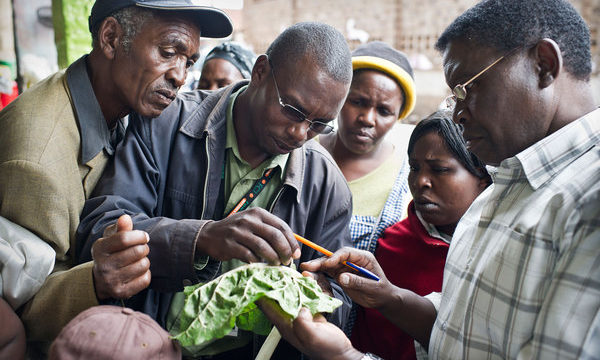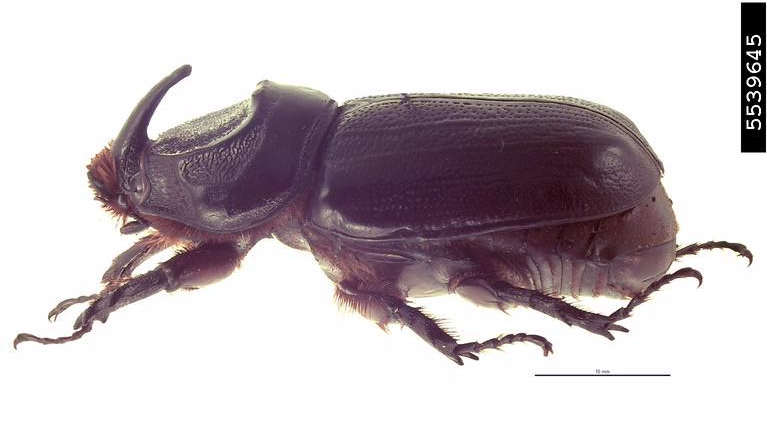by Kyin Kyin Win, Deputy National Plantwise Coordinator, Myanmar
The Myanmar Plant Health System Strategy (MPHSS) was launched successfully in Nay Pyi Taw on 8th September 2016. It was officiated by H.E. Dr. Tun Win, the Deputy Minister of the Ministry of Agriculture, Livestock and Irrigation (MOALI), and was attended by key officials of MOALI including the Permanent Secretary, Dr. Tin Htut. Dr. Tin Htut, who is also the CABI Liaison Officer for Myanmar, had earlier advised the CABI country team to write the PHSS as a strategic document based on the Plantwise framework to transform and catalyse the required reforms in the nascent agricultural extension of Myanmar. Plantwise has been operational in the country since 2014. When the evaluation results of the pilot phase of Plantwise were reviewed and presented by the Plant Protection Division and CABI, MOALI officials were convinced that internalising the Plantwise approach could substantially contribute to increasing the efficiency of and having impact on the desired changes of the Myanmar plant health extension.

The process of drafting started with a meeting chaired by Dr. Tin Htut and attended by other key MOALI officials in February 2016. The outputs of the meeting set the stage for a write-shop in May 2016 whereby the drafting team was formed. With this launch, it is anticipated that the MPHSS will become MOALI’s main strategic document to guide and strengthen the extension services in the country.
Dr. Tun Win, who represented H.E. the Union Minister, noted that it is important that the country takes firm steps on improving the performance of the extension system. His speech expressed concern on the growing debts of farmers and the high costs of cultivation. This was due to serious misuse of fertilisers and pesticides which are indiscriminately applied without any testing facilities. In such a scenario, an overhauling of extension with the technical help of organisations like CABI is timely and important. The previous issue of mobility amongst the extension workers was a major constraint for efficient technology transfer. This has been addressed by the provision of 2000 bikes to extension officers which will help in the implementation of the strategy.
 The strategy was handed over to the Deputy Minister by CABI SEA Regional Director Dr. Loke Wai Hong. The Permanent Secretary Dr. Tin Htut requested CABI to work closely with the Plant Protection Division to draft a budget and an activity plan for the coming five years which can be submitted for national and international funding. To increase buy-in and ownership, he stressed that more stakeholders and donors should be involved to discuss the implementation of the strategy. To facilitate progressing this aspiration a donor forum will be held in December 2016.
The strategy was handed over to the Deputy Minister by CABI SEA Regional Director Dr. Loke Wai Hong. The Permanent Secretary Dr. Tin Htut requested CABI to work closely with the Plant Protection Division to draft a budget and an activity plan for the coming five years which can be submitted for national and international funding. To increase buy-in and ownership, he stressed that more stakeholders and donors should be involved to discuss the implementation of the strategy. To facilitate progressing this aspiration a donor forum will be held in December 2016.
Related News & Blogs
Asian Farmers Consult Vibrant E-Plant Clinic Network In Pandemic Times
This article was originally published on aesa – Agricultural Extension in South Asia E-Plant clinics are meeting places where local agricultural advisory officers, known as plant doctors, help farmers struggling with plant pests and diseases. During th…
22 July 2020



